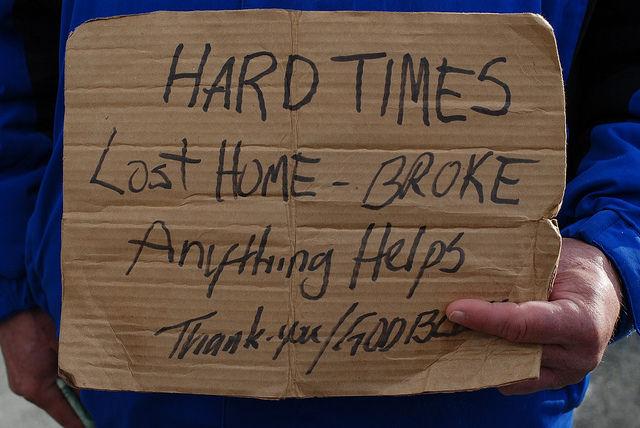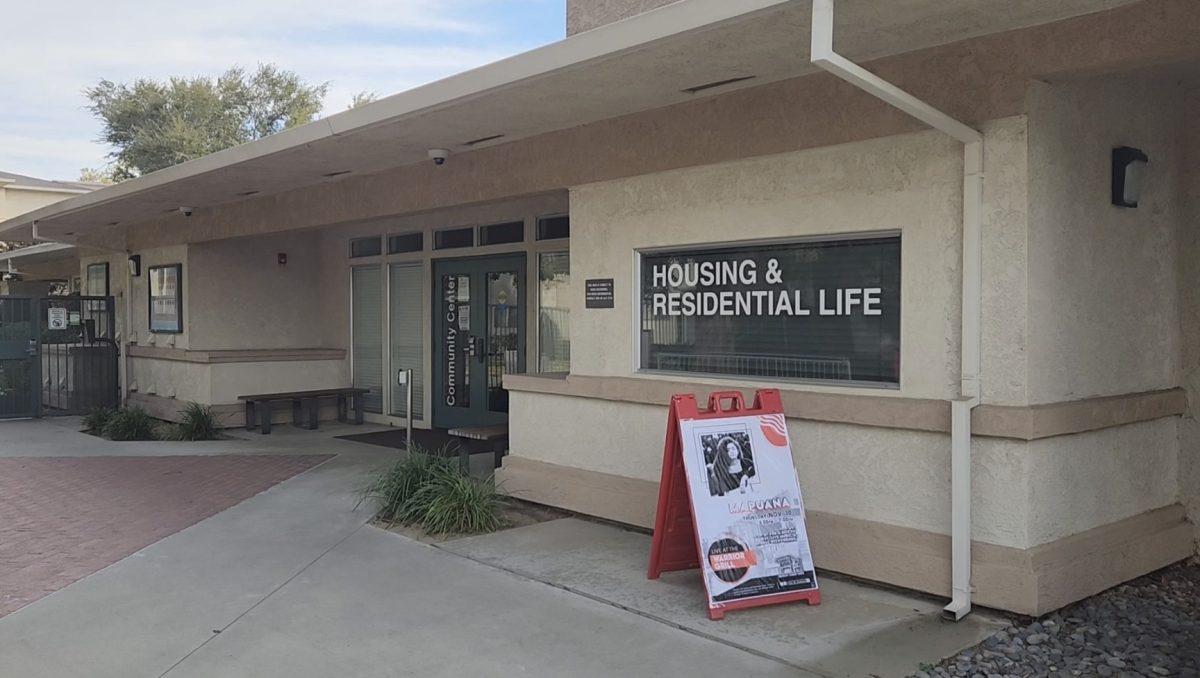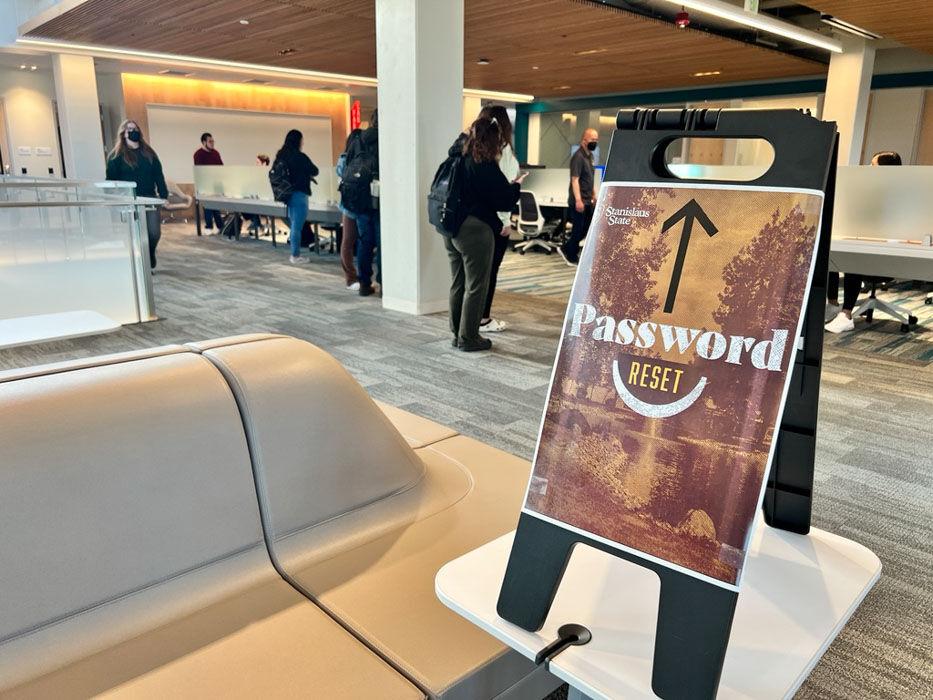Imagine you’re walking down the street and you see someone wearing tattered old clothing and sleeping on a bus stop bench. Perhaps you’ve seen the same person standing near a busy intersection holding a piece of cardboard with the words, “Homeless— Please Help,” written on it. We all have seen it, but are we really aware of what’s being done to help the homeless in the Central Valley?
Homelessness has become a growing problem in many cities across the Central Valley. In an article on the public’s perception of the homeless crisis by Anya Reeser, Reeser said, “At this time, there are an estimated 571 chronically homeless individuals in Turlock alone.”
Why is nothing being done to help the homeless? Citizens, politicians and lawmakers alike seem to have turned a blind eye to this growing problem— not only in Turlock, but also in other Central Valley cities, such as the city of Manteca. In fact, Manteca just recently passed a series of laws addressing homelessness— and those actions have not been without controversy.
Manteca leaders recently passed laws making homeless encampments illegal, as well as banning urinating and defecating in public.
On the surface, it sounds as if the city of Manteca is prosecuting these individuals for being homeless. Manteca has drawn national attention for passing these laws. But more importantly, it has brought to light that many people feel the homeless are being treated very poorly here in the Central Valley.
However, when we take a deeper look into these actions taken by civic leaders, we find out that things aren’t always as they seem.
City Manager Karen McLaughlin said the city’s actions mirror existing state law. So why pass legislation locally that currently exists?
“By prohibiting these actions at the local level, our own city attorney can enforce the violations,” McLaughlin said. “Otherwise, Manteca would have to rely on the San Joaquin County District Attorney’s Office, which has its hands full with having to enforce other violations throughout San Joaquin County, including the city of Stockton,” she said.
“When compared with crimes being committed in other areas of the county, these homeless violations wouldn’t take priority at the county level,” McLaughlin said. “Passing local legislation helps us to take control locally.”
The controversy over Manteca’s actions has received international attention. Facebook postings on a site called, “Brave New Justice: Films,” have prompted telephone calls and emails from across the country and beyond. McLaughlin said she has received complaints from Canada and the United Kingdom.
McLaughlin said the difficulty is in balancing concerns of the local community— the residents and business owners— along with the rights of those who are faced with homelessness. Another challenge is trying to identify resources available for the homeless who want assistance versus those who are homeless by choice, she stated.
The city of Turlock faced a similar issue and ended up partnering with the Turlock Gospel Mission to convert a former warehouse into Turlock’s first year-round homeless shelter, according to an article by John Holland of The Modesto Bee. According to Holland’s article, the $1.8 million project will feature 34 beds for men and 22 for women and children. They hope to open the shelter in December of 2014.
Clearly, there is more to the growing homeless problem afflicting the Central Valley. As complex as the issues are that cause homelessness, the solutions are equally complicated. What is evident is that any long-term solutions will take time and partnership resources from not only local government, but also from churches, local citizens and other members of the community.
Categories:
Homelessness in Central Valley not hopeless
By Ryan McLaughlin
•
November 18, 2014
0
Donate to Signal
Your donation will support the student journalists of California State University, Stanislaus. Your contribution will allow us to purchase equipment and cover our annual website hosting costs.
More to Discover







